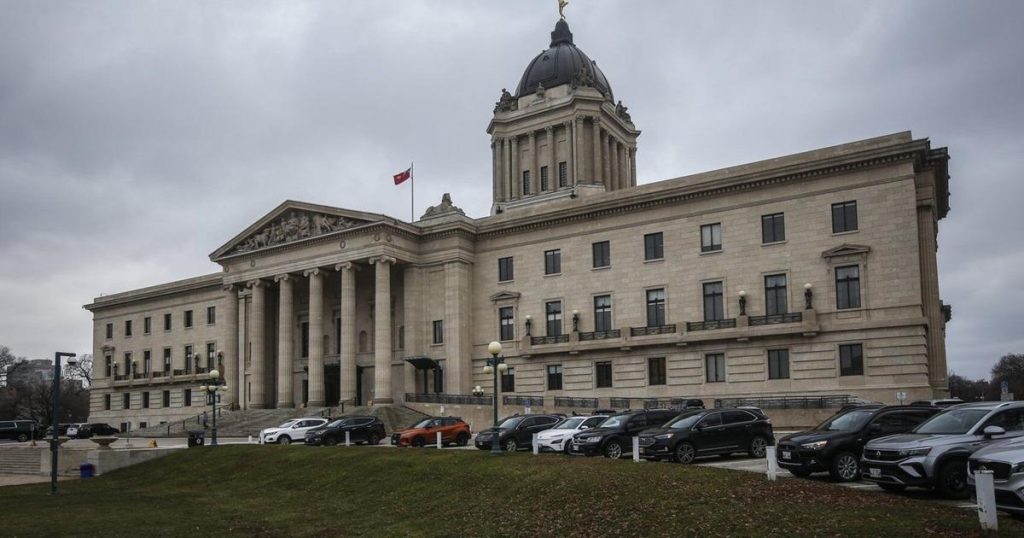Listen to the article
U.S. Census Bureau data released yesterday reveals significant demographic shifts across all 50 states, with notable population growth in southern and western regions continuing to reshape America’s political and economic landscape.
The latest figures show Texas and Florida leading the nation in population gains, adding approximately 470,000 and 416,000 residents respectively over the past year. This growth trend, which has accelerated since the pandemic, reflects a continuing migration away from traditionally populous northeastern and midwestern states.
“What we’re seeing is the culmination of demographic trends that began decades ago but intensified dramatically during and after COVID-19,” explained Dr. Maria Gonzalez, population researcher at the Urban Institute. “Remote work capabilities have freed many Americans to prioritize climate preferences, lower living costs, and quality of life considerations.”
California, despite experiencing net domestic outmigration for the fifth consecutive year, remains the nation’s most populous state with 39.2 million residents. However, its growth rate has slowed to just 0.2%, well below the national average of 0.6%.
The Census Bureau report highlights particularly robust growth in states with no income tax, including Texas, Florida, Tennessee, and Nevada. Arizona and Idaho also continued their strong population expansions, with growth rates exceeding 1.5% annually.
Economically, these population shifts have significant implications. Housing markets in growth regions are experiencing unprecedented demand, driving up real estate values and spurring new construction. In Phoenix, residential building permits increased 23% year-over-year, while Nashville saw a 17% jump in new housing starts.
“Population growth directly translates to economic vitality,” noted Robert Chen, chief economist at Global Financial Analytics. “When people move, they bring consumption patterns, entrepreneurial energy, and human capital that can transform local economies.”
The data also reveals interesting patterns at the county level. While major metropolitan areas continue to draw newcomers, many mid-sized cities and their surrounding counties are experiencing the fastest relative growth. Counties surrounding Austin, Nashville, Boise, and Raleigh all reported population increases exceeding 2.5% annually.
Canadian migration to the United States also reached a ten-year high, with approximately 38,000 Canadians relocating south of the border. Ontario residents led this movement, with particular interest in Florida, Arizona, and Texas destinations.
For states experiencing population decline, the economic consequences can be challenging. Illinois, New York, and West Virginia all reported population decreases exceeding 0.5%. This decline often leads to eroding tax bases, reduced consumer spending, and difficulties attracting new businesses.
“The population losses create a potential negative feedback loop,” explained Dr. Jennifer Parsons, an economist at the Federal Reserve Bank of Chicago. “Fewer residents means less revenue for public services, potentially reducing quality of life and further encouraging outmigration.”
Political ramifications of these demographic shifts will materialize in the 2030 congressional reapportionment. Current projections suggest Texas could gain three additional House seats, while Florida may add two. Conversely, New York, Illinois, and Ohio each stand to lose representation.
The Census Bureau data also tracked U.S. territories, with Puerto Rico continuing to experience population decline, losing approximately 15,000 residents last year. Guam and the U.S. Virgin Islands reported modest population increases of less than 1%.
Businesses are closely monitoring these population trends, with major retailers and service providers adjusting expansion strategies accordingly. Walmart recently announced plans for 25 new stores across high-growth counties in Texas, Florida, and the Carolinas.
The comprehensive dataset, which includes demographic information from all 50 states plus U.S. territories, will be used extensively by government agencies, businesses, and researchers to forecast economic trends and guide policy decisions over the coming year.
Fact Checker
Verify the accuracy of this article using The Disinformation Commission analysis and real-time sources.




12 Comments
Election disinformation is a real threat to democratic institutions. Kudos to Manitoba for taking proactive steps to combat it. Transparency around the new rules will be key.
Absolutely, open and transparent policymaking is essential when it comes to issues like this. Looking forward to seeing the details.
Tackling election disinformation is a complex challenge, but I’m glad to see Manitoba taking it seriously. Curious to learn more about the specific policy approaches they’re pursuing.
It will be important to strike the right balance between addressing disinformation and protecting free speech. Curious to see how Manitoba navigates that.
Combating election disinformation is a vital task for any jurisdiction. Manitoba’s new rules seem like a step in the right direction. It will be interesting to see how they are implemented and what impact they have.
Absolutely, the details and implementation will be key. I’m glad to see Manitoba taking this issue seriously and hope their approach can provide useful lessons for other regions.
Glad to see Manitoba taking the issue of election disinformation seriously. Maintaining public trust in democratic processes is crucial. I’ll be following this story closely to see how the new rules take shape.
Yes, it’s a complex issue but an important one. I’m hopeful Manitoba can find effective ways to combat disinformation while preserving free speech protections.
Interesting that Manitoba is taking steps to combat disinformation around elections. It’s a crucial issue for maintaining the integrity of the democratic process. I’ll be curious to see the details of the new rules and how effective they prove to be.
Agreed, election integrity is vital. Disinformation can have such corrosive effects on public trust, so any measures to address it are welcome.
Good to see Manitoba taking action against election disinformation. This is a growing problem that requires concerted efforts at all levels of government. Curious to learn more about the specific policy measures they plan to implement.
Agreed, a coordinated, multi-pronged approach is needed to effectively address election disinformation. I hope Manitoba’s efforts can serve as a model for other jurisdictions.